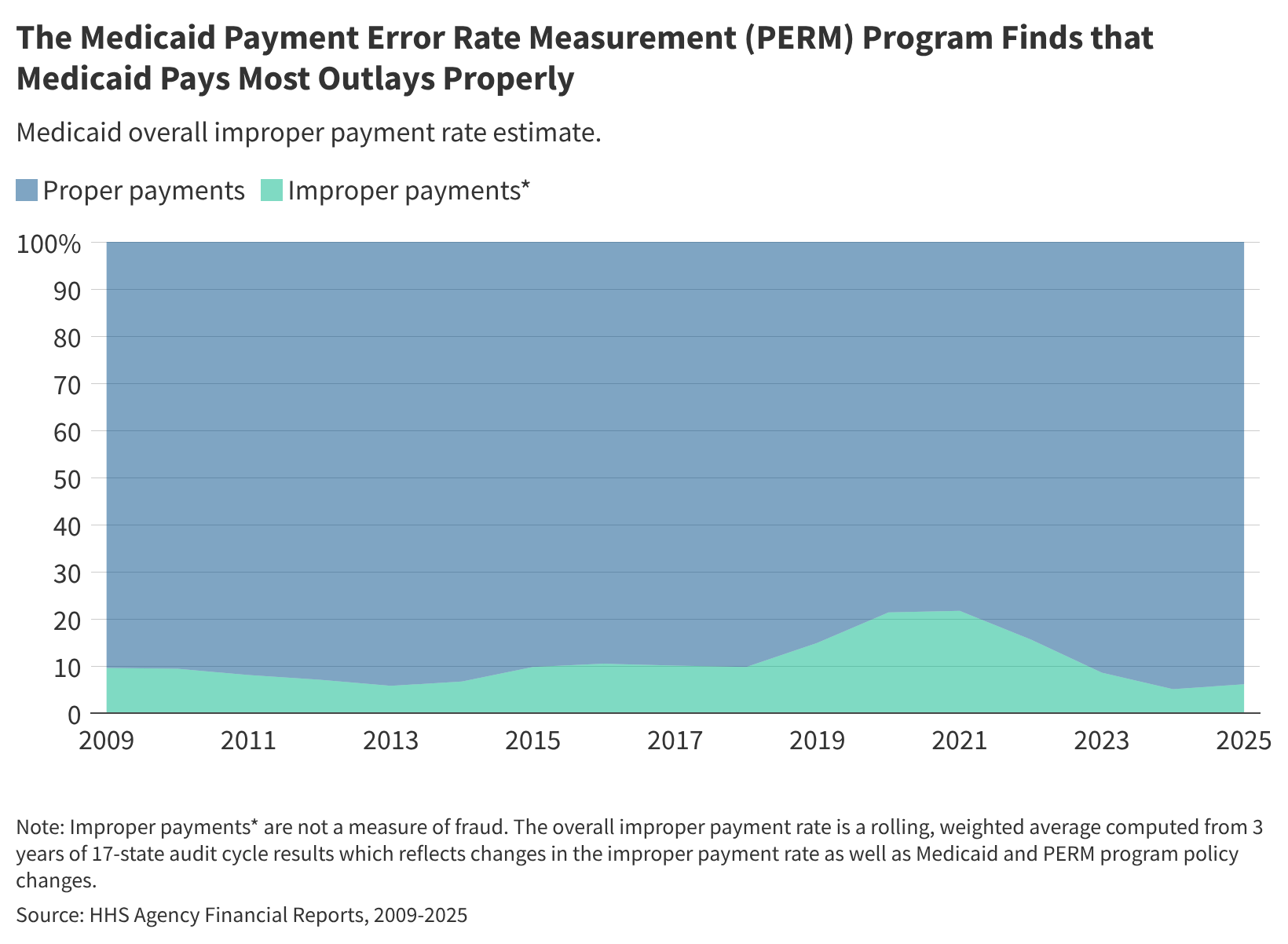Health systems and medical practices are increasingly turning to ambient AI technology to help with burdensome medical documentation. This shift is propelling Abridge’s rapid growth.
The seven-year-old company raised $300 million in series E funding, led by Andreessen Horowitz and joined by Khosla Ventures. The latest funding, just four months after its $250 million series D round, boosts the company’s valuation to a reported $5.3 billion.
The company has raised approximately $800 million to date, including a $150 million series C funding round in February 2024.
The generative AI company, one of Fierce Healthcare’s Fierce 15 of 2024 honorees, uses artificial intelligence to increase the speed and accuracy of medical note-taking, leveraging a proprietary data set derived from more than 1.5 million medical encounters. The company’s AI converts a patient-clinician conversation into a structured clinical note draft in real time and integrates it seamlessly into the EHR system.
Abridge’s technology has now been deployed in more than 150 health systems, a 50% increase from just four months ago, the company attests. The company says it will support more than 50 million medical conversations this year.
The company says its technology is being used by a range of healthcare providers, from academic institutions to federally qualified health centers, and supports patient-doctor conversations across 55 specialties and 28 languages.
Abridge will use the new funding to build new products and embed revenue cycle intelligence earlier in the clinical conversation.
Last week, the company unveiled new capabilities that expand its gen AI tools for medical documentation into the inpatient setting. The new offering extends Abridge’s current functionality for outpatient and emergency medicine to support inpatient care, integrating into existing Epic workflows.
Expanding its gen AI tools to the inpatient setting opens up an entirely new surface area for innovation, Shiv Rao, M.D., Abridge CEO and a practicing cardiologist, told Fierce Healthcare last week
“Those workflows, on the innovation side of things, are very complicated, and there’s a real need to have as much context as possible and create the best possible notes,” he said, adding, “Revenue cycle is a really important aspect of what we do. We are, in essence, a mid-revenue cycle company, because the notes that we generate essentially function as bills for insurance companies.”
The company also unveiled a new gen-AI-powered feature to streamline the outpatient orders workflow through an early pilot in Epic’s Workshop program.
The company’s new capabilities and features represent how Abridge “is going millions of miles deep” on developing gen AI tools for different care settings and different clinical workflows, Rao told Fierce Healthcare.
“Our mission in many ways, from a product perspective, is to go millions of miles deep on all the different ways that we can help unburden clinicians from clerical work,” he said. “One way we translate that internally is that we try to go millions of miles deep on all the different settings where care is delivered, all the different specialties. That might also mean going deep on all the different spoken languages as we have multilingual technology.”
As more health systems and provider adopted AI scribe and ambient documentation technologies, companies will need to expand their capabilities and create more value.
“At Abridge, we have our work cut out for us. There’s any number of different clerical tasks and workflows that we can impact with AI. We work with over 100 health systems across the country. What we’ve done here with inpatient and orders, we can really start to land and expand from there into new workflows or new care settings,” Rao told Fierce Healthcare in a previous interview.
Several health systems have moved forward with wide-scale implementations of Abridge’s technology. Johns Hopkins Medicine is rolling out Abridge’s ambient AI platform across its 6,700 clinicians, six hospitals and 40 patient-care centers. About six months after announcing an initiative to focus on nursing documentation workflows, Mayo Clinic is now expanding the use of Abridge’s AI platform enterprisewide, starting with about 2,000 clinicians.
Following a pilot, the Deaconess Health System also is expanding use of the ambient AI tech across its 19-hospital network.
In the past year, the company developed a medical record template specifically for pediatric providers with a focus on primary care well visits, launched a new gen AI product for emergency care and unveiled a partnership with Wolters Kluwer Health to integrate UpToDate into its AI-based medical note-taking tool. The company also is building out a gen AI ambient documentation workflow for nurses in collaboration with Epic and Mayo Clinic.
“Abridge eliminates inefficiencies at their source, directly in the clinical conversation, with a platform that has demonstrated tremendous traction and impact in the market. This is a company with truly rare ingredients: world-class clinical and technical leadership, deep scientific credibility, and AI technology that is years ahead of the field. Abridge has both the vision and velocity to create lasting, systemic change, and we are thrilled to be part of their journey,” said David George, general partner at a16z Growth, in a statement.
Publisher: Source link










